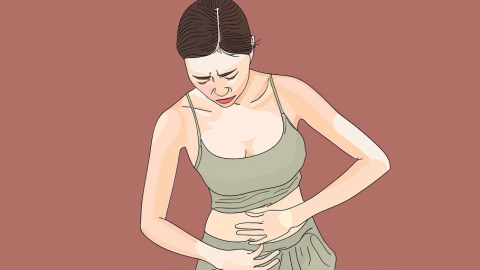Can dampness affect sleep?
Generally, excessive dampness in the body may affect sleep, depending on the type and severity of the dampness. If you have concerns, it is recommended to consult a healthcare professional in advance. Detailed analysis is as follows:

When internal dampness is excessive, especially in cases of prominent damp-heat or phlegm-dampness, symptoms such as physical heaviness, chest tightness, abdominal distension, and night sweats may occur. These symptoms can interfere with sleep patterns, leading to difficulty falling asleep, light sleep, and easy awakening. Over time, this may create a cycle of declining sleep quality.
If dampness is mild and the body's regulatory capacity is good, it may not significantly affect sleep. You might occasionally feel slight physical heaviness upon waking, which can be relieved through simple adjustments. In such cases, sleep problems are more likely related to other factors rather than directly caused by dampness.
If you notice that your sleep is affected along with symptoms of excessive dampness, you can try adjusting your diet and daily routine, and reduce exposure to damp environments. If symptoms do not improve after adjustments or if sleep problems persist or worsen, you should seek professional help promptly to identify the cause and implement targeted interventions.










